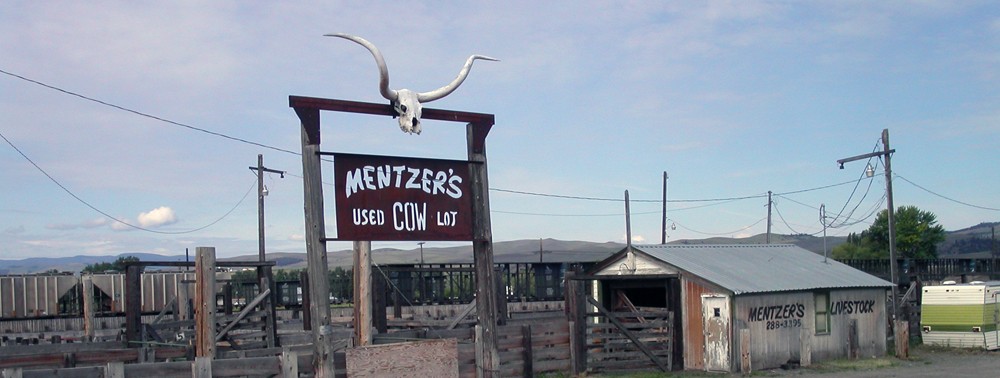Last weekend the Atlanta Journal-Constitution reported that the Decatur school board (City Schools of Decatur) is considering plans that would demolish Decatur High School’s distinctive modernist facade.

Decatur High School. January 2013.

Last weekend the Atlanta Journal-Constitution reported that the Decatur school board (City Schools of Decatur) is considering plans that would demolish Decatur High School’s distinctive modernist facade.

Decatur High School. January 2013.
Architecture writer Nichole Reber has written a post for Hong Kong’s Perspective magazine blog that explores the intersection of history, preservation, and memory documented in past posts in this blog. Continue reading
That’s precisely what a group of developers and third-wave gentrifiers did back in 2007 when they created One Oakhurst to gin up opposition to the creation of a proposed Oakhurst local historic district in Decatur, Ga. Several of the folks behind One Oakhurst were web-savvy IT professionals who created untraceable anonymous email accounts and a blog that successfully avoided caching by search engines like Google. Continue reading
Developers paid better than the corn / But this was not the place where they were born — John Gorka, “Houses in the Fields” (Jacks Crows, 1991)
After the fall of 2011, each time I passed through the intersection of Ansley Street and Greenwood Avenue in Decatur’s Oakhurst neighborhood, Neil Young’s song title immediately popped into my head, along with the lyrics from two tunes on John Gorka’s 1991 album, Jack’s Crows. On the hill overlooking the intersection is Liz and Rob Broadfoot’s 2,800-square-foot home. Its historically inspired projecting bays and exaggerated Craftsman details look out over Oakhurst’s smaller homes conveying an air of conspicuous consumption and privilege.
Folks in my trade, history and architectural history, find buildings and landscapes interesting. Yet, it is the people who designed, built, lived, and worked in them who are the real stars in architectural history. Sometimes I meet a building’s earlier occupants through the property’s current stewards; the former homeowner or resident knocking on the door of a current resident is an almost universal motif in architectural history narratives. Those connections yield invaluable information sources for people who study old houses.
Over the past decade a different kind of connection has been becoming more frequent. The Internet has democratized the past in ways not anticipated by traditional historians accustomed to archival and field research; reporting in academic journals and conference papers; and, to dialogues with colleagues and students. In 2011 I wrote a blog post on the history of Parkwood, a suburban Atlanta, Georgia, subdivision. Parkwood was among one of the last subdivisions developed in Druid Hills, the large suburb historically linked with some of Atlanta’s leading Gilded Age entrepreneurs and noted landscape architect Frederick Law Olmsted and his successors. Continue reading
[Ed. Note: This was originally published in September 2012.]
My wife and I went to sleep one night in 2011 and awoke in a Twilight Zone episode. Back in 2007, anti-preservation activists settled for yard signs, rude emails, and disappearing blogs. Today residents in Decatur, Georgia’s Oakhurst neighborhood who oppose historic preservation and who defend destructive gentrification in their neighborhood anonymously use Twitter and other social media sites to settle scores with folks with whom they disagree. They create and post vulgar and defamatory animated videos that offend their more sensible neighbors and demean their entire community.

Screen capture from one of the fake Twitter accounts. The hyperlink originally pointed to the site xtranormal.com where four offensive animated videos had been created and posted by the individual calling him/herself @OakhurstVillain.
As of this writing, Twitter has suspended three “fake” accounts (the status of a fourth is undetermined); complaints have been filed against others and remedial action by Twitter may be pending against them. Sure, people — myself included — use Twitter for mischief sometimes. Parody accounts and other legal uses abound. But there is a bright line between innocent, albeit boisterous, posting and harassment and defamation. The people in Decatur behind these accounts have crossed that threshold.
More than half a century before Decatur Realtor Stacy Reno’s 2011 meltdown on Twitter and in local blogs over her backyard chickens, goats, and turkeys, another Decatur woman provided neighbors a necessary fowl service. “I think she was the only one in our neighborhood that would actually wring their necks and sometimes they would bring her one and ask her to kill it for them,” recalled Betty Barrett Small of her mother, Annie Elo Barrett’s skill at killing neighborhood chickens.